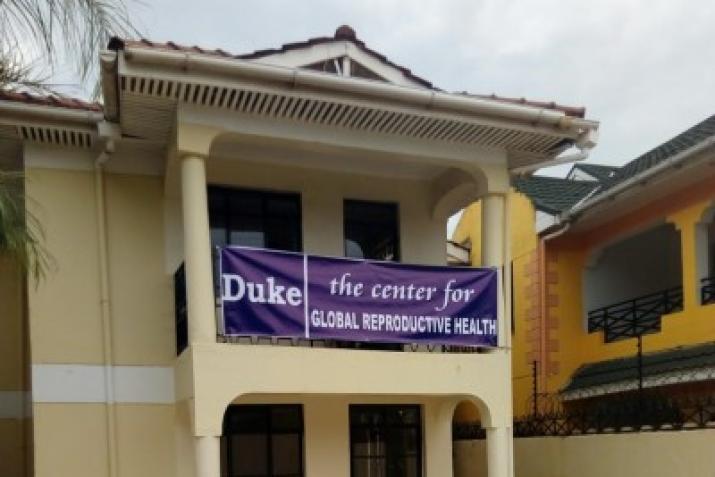Cervical Cancer Awareness, Screening, and Prevention in Western Kenya (2020)

Application Deadline:
Project Status:
-
Filled
Faculty:
Topics:
- Digital health,
- Mental health,
- Cancer,
- Impacts of race and culture
Countries:
- Kenya
Locations:
- Kisumu, Kisumu County
Start Date:
End Date:
Project Type:
- Student Research Training Program
Pre-Approved:
-
Yes
Placements Available:
-
4
Cervical Cancer Awareness, Screening, and Prevention in Western Kenya (2020)
In conjunction with Dr. Huchko's study team, students will have the opportunity to join two team based projects:
- Understanding HPV-related stigma among HIV-infected women in Kenya
Summary: Cervical cancer, a highly preventable and treatable disease, is disproportionately represented in low- and middle-income countries. This is largely due to inadequate access of screening and treatment services, lack of a trained health workforce, and implementation gaps in current prevention and treatment guidelines. In Kenya, these realities are all too apparent. Cervical cancer is the most frequent cancer among Kenyan women and national screening rates are currently less than 5%. Dr. Megan Huchko has partnered with the Kenya Medical Research Institute and the Kenyan Ministry of Health for the past five years to develop community-based strategies to improve access to cervical cancer screening and linkage to treatment. The need to measure cervical cancer stigma and provide greater support to patients and community health care workers have emerged as two complementary barriers for screening acceptance and uptake.
- Understanding the Impact of the Global Gag Rule on Health Care providers in Western Kenya
Summary: Since 1985, every Republican administration has instituted restrictions on US donor funding for reproductive health, family planning and abortion. In 2017, the most stringent guidelines were placed on funding. To augment a quantitative policy and financing study, we are seeking to understand the impact of the Global Gag Rule on local facilities and providers, to see where other funders have filled the gaps and where providers feel that clinical care has been compromised.
Project Opportunities
- a. Understanding HPV-related stigma among HIV-infected women in Kenya
Summary: Cervical cancer, a highly preventable and treatable disease, is disproportionately represented in low- and middle-income countries. This is largely due to inadequate access of screening and treatment services, lack of a trained health workforce, and implementation gaps in current prevention and treatment guidelines. In Kenya, these realities are all too apparent. Cervical cancer is the most frequent cancer among Kenyan women and national screening rates are currently less than 5%. Dr. Megan Huchko has partnered with the Kenya Medical Research Institute and the Kenyan Ministry of Health for the past five years to develop community-based strategies to improve access to cervical cancer screening and linkage to treatment. The need to measure cervical cancer stigma and provide greater support to patients and community health care workers have emerged as two complementary barriers for screening acceptance and uptake.
- a) Validate a survey instrument to measure cervical cancer stigma.
Team members will administer the survey to key stakeholders, conduct results dissemination meetings, and facilitate focus group discussions about cervical cancer stigma. Team members will be expected to work collaboratively within a larger team and play an integral role in the implementation and analysis plan for the survey.
b) Under the supervision of DGHI scholar Kelly Hunter, the student(s) will work to identify and contact key stakeholders and carry out in-depth interviews and situation analyses for private and public reproductive health facilities.
Project Application Process
Students must fill out and submit a project application, CV and recent transcript to GH-Education@duke.edu by October 14, 2019. Students may apply to no more than two project opportunities and a separate application must be completed for each SRT project site. The scheduled interviews for this project location will take place during the week of October 23. Any questions regarding the application, interview dates or general project information should be directed to Lysa MacKeen.
Project Selection Criteria
- Interest in global reproductive health
- Hardworking, flexible, and comfortable working with a team
- Prior experience with survey development or mhealth applications desired
Hear about what happened:
Read more about the team’s work here and here. You can also read about the 2021 team’s time in their blogs here and here.
Last updated on September 21, 2022